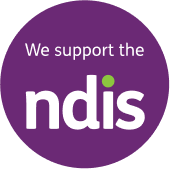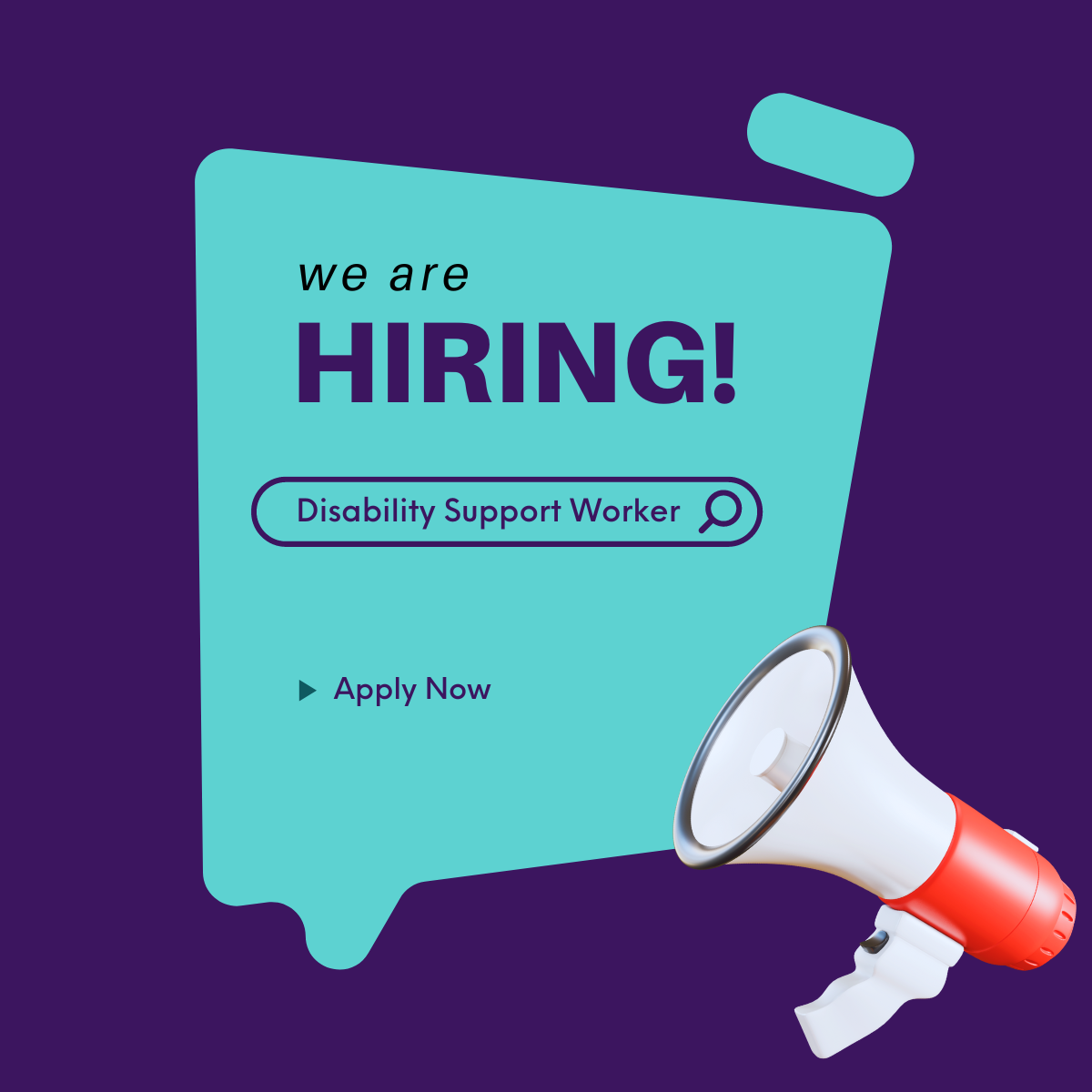Cancer is a formidable disease that affects millions of people worldwide, not only impacting physical health but also often leading to significant disability. While advancements in treatment have improved survival rates, the long-term effects of cancer and its treatments can result in various forms of disability. Through this blog, we want to discuss how cancer can cause disability and the challenges individuals face in managing these disabilities.
- Physical Disabilities:
- Cancer and its treatments such as surgery, chemotherapy, and radiation therapy can result in physical disabilities. For example, surgery to remove tumours may lead to loss of function or mobility impairment, while chemotherapy and radiation can cause nerve damage, muscle weakness, and chronic pain.
- Physical disabilities resulting from cancer treatments may include difficulty walking, limited range of motion, lymphedema (swelling due to damage to the lymphatic system), and neuropathy (nerve damage).
- Cognitive Disabilities:
- Cancer treatments, particularly chemotherapy, can impact cognitive function, leading to what is often referred to as “chemo brain” or cognitive impairment. This may bring memory problems, difficulty concentrating, and decreased mental clarity.
- Cognitive disabilities can significantly affect daily functioning, work performance, and overall quality of life for cancer survivors.
- Emotional and Psychological Disabilities:
- Dealing with a cancer diagnosis and undergoing treatment can take a toll on mental health, leading to emotional and psychological disabilities. Anxiety, depression, post-traumatic stress disorder (PTSD), and adjustment disorders are common among cancer survivors.
- These disabilities can impact relationships, work, and daily activities, requiring appropriate support and intervention to manage effectively.
- Social and Financial Disabilities:
- Cancer and its treatments can result in social and financial disabilities, often due to decreased ability to work, increased medical expenses, and changes in social roles and relationships.
- Individuals may experience isolation, stigma, and discrimination, further exacerbating their disability and affecting their overall well-being.
- Necessity of Access to Support Services:
- Accessing appropriate support services is important for individuals with cancer-related disabilities. This may include physical therapy, occupational therapy, mental health counselling, pain management, and social support programs.
- Government agencies, NDIS, non-profit organisations, and healthcare providers play a vital role in providing resources and assistance to help individuals with cancer-related disabilities.
Cancer can cause disabilities that significantly impact the lives of affected individuals. That is why, recognizing and addressing these disabilities is essential for ensuring comprehensive care and support for cancer survivors. By raising awareness, promoting early detection, and improving access to support services, we can enhance the quality of life for individuals living with cancer-related disabilities. Let’s work together to empower and advocate for all those affected by cancer.










